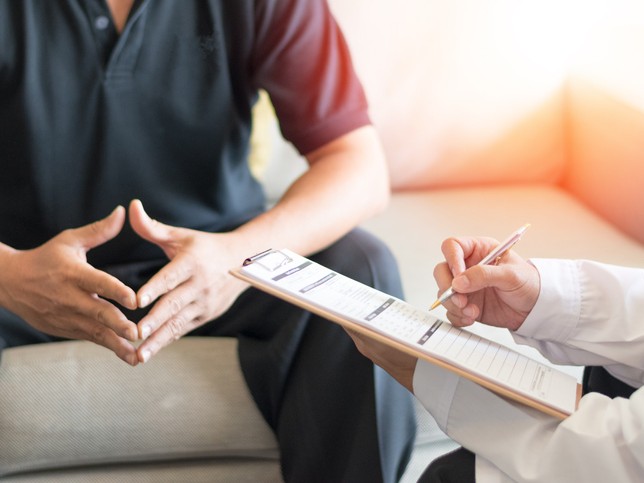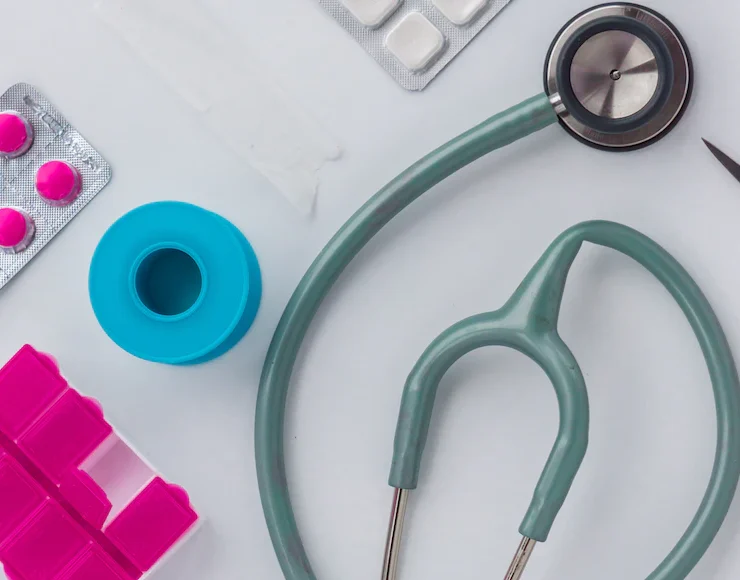Lab Techs Refuse Taking Blood From Possible Monkeypox Patients

Monkeypox has been on society’s collective radar lately. The United States saw its first case since the 2003 outbreak in May. The number of current cases are increasing week by week; now there are 10,768 reported cases and counting.
The CDC has identified that most cases in the United States happen between gay, bisexual, and other men that have sex with men, but anyone can get infected which close proximity to infected individuals. However, many people continue to associate monkeypox with the LGBTQ community. Now that lab techs at major labs like Labcorp and Quest diagnostics are refusing to draw blood from potential monkeypox patients, the stigma on the virus and who can get it is being perpetuated even further.
“The fact that this is happening is an echo of the earliest days of HIV. We, I thought had come a lot further. It’s a grave dereliction of duty,” says David Harvey, executive director of the National Coalition of STD Directors.
In order to test for monkeypox, a blood test needs to be done to check for or rule out other infections due to overlapping symptoms. Without these blood tests, patients won’t know for sure whether they have the virus and will overall delay their treatment.
“(Monkeypox) is new—nobody knew what it was—some nurses and doctors are scared of it. Some of our phlebotomists have been scared – appropriately – of it,” says Brian Caveney, Labcorp’s president of diagnostics. The fear and stigma of the virus are causing phlebotomists to turn away LGBTQ men from receiving medical care.
Quest Diagnostics claims “we follow CDC guidelines that state that patients with confirmed or suspected monkeypox infection should be isolated. Once an individual is out of isolation, we will provide service for them.”
However, the guidelines state that patients can leave isolation for medical care as long as they wear a mask and all lesions are covered. Many medical professionals have come forward to express their disappointment and state that as long as phlebotomists follow the standard safety precautions they should be able to take blood from monkeypox patients without a problem.
“We want you to do it; it’s important to help control the outbreaks, and this is the kind of risk factor you signed up for,” says Arthur Caplan, a bioethicist at New York University. Caveney states that Labcorp is coming up with an evidence-based policy that is compliant with regulations but keeps the workforce safe. Unfortunately, this change comes at a time when monkeypox cases are increasing at a high rate, and it appears that the damage is done.
Photo courtesy of CDC on Facebook










